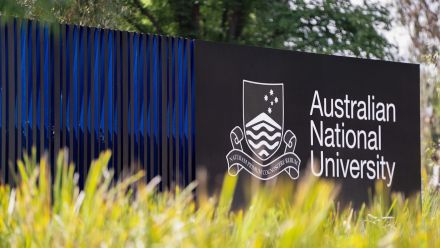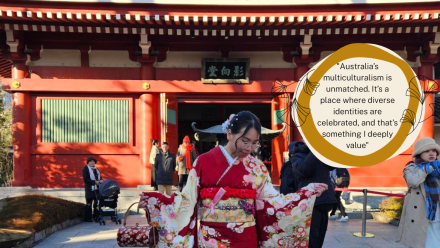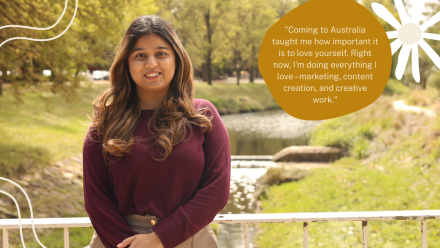Social connectedness: from research to homework during COVID
The pandemic overturned traditional ideas of social connection while also reframing the public discussion around mental health and how group identities are important.
Most people would agree that our social connections, such as friendships and relationships, are important for our wellbeing; but the link between the two is much deeper and more complex than some people might realise.
Across 2020, many endured long periods of social isolation, having to resort to virtual means of communication. Not only did this period reveal how important social connection is, but it also changed long-held notions of what it meant. The pandemic overturned traditional ideas of social connection while also reframing the public discussion around mental health and how group identities are important.
On&Off-Campus sat down with Associate Professor Tegan Cruwys from the University's Research School of Psychology to talk about this intricate relationship and what some of her research has revealed.
"There's a very robust relationship in the literature going back decades between social connectedness and health. The size of the correlation between social connectedness and mortality is on par with the association between smoking and mortality," she said.
"This research has been occurring around the world for decades but what's been relatively underdone is an understanding of why. Why is it that social connectedness has these broad ranging health protective effects?"
Associate Professor Cruwys, in collaboration with researchers at the University of Queensland, has developed an intervention called Groups 4 Health. The program aims to equip socially isolated people with the skills to build meaningful social connections, with the goal of reducing loneliness and improving mental health. She reflected on the findings from the most recent trial of the program.
"Most recently, we took 200 young people with loneliness and clinical depression, aged between 15 and 25 years old, and randomly assigned them to receive either cognitive behavioural therapy (CBT), the gold standard in depression treatment, or to receive Groups 4 Health. Both groups saw large improvements in depression but Groups 4 Health was more effective at reducing loneliness than CBT.
"What happens in Groups 4 Health is we train people in how to evaluate their social group connections, how to improve them, how to maintain them, and how to take those learnings outside of the therapeutic setting into their lives."
Cruwys's research has revealed that social connectedness involves much more than our relationships with those around us. It's not just a matter of how well we get along with others. Social connectedness also requires identifying with those people and forming a sense of group membership.
"It's one thing to have an interpersonal relationship with a friend you like. What's different between that and group membership is that groups inform who we are and our self-definition, which provide particular benefits for our wellbeing."
Associate Professor Cruwys also reflected on the results in the context of the pandemic, and what we as a society could learn about mental health as we emerge from it.
"I think that for a long time many people saw mental health as someone else's problem. The pandemic got into everyone's lives, so it was a sudden realisation for everyone that it is a human widespread problem that can affect anyone."
Associate Professor Cruwys observed that the pandemic has changed our ideas of social connection and the means in which we communicate. What matters isn't the means or the length of communication, it's the connection and engagement with others.
"People get much too preoccupied with the medium and length of time in which we communicate with others. Is it okay if we connect via Zoom? Is social media bad? That's kind of missing the point.
"If we're able to be creative in the ways in which we connect with others and engage in activities that we care about, then that will have benefits."


